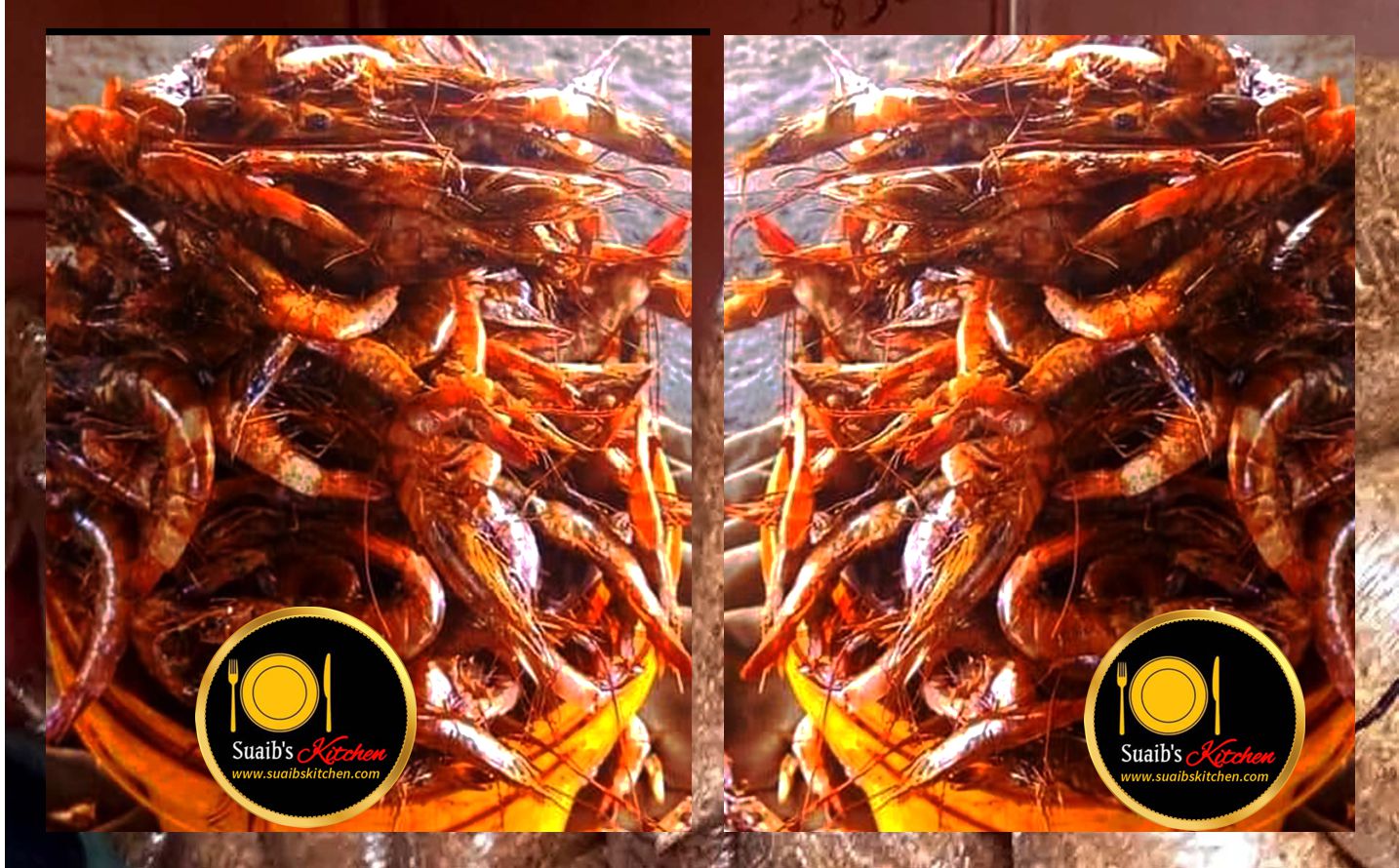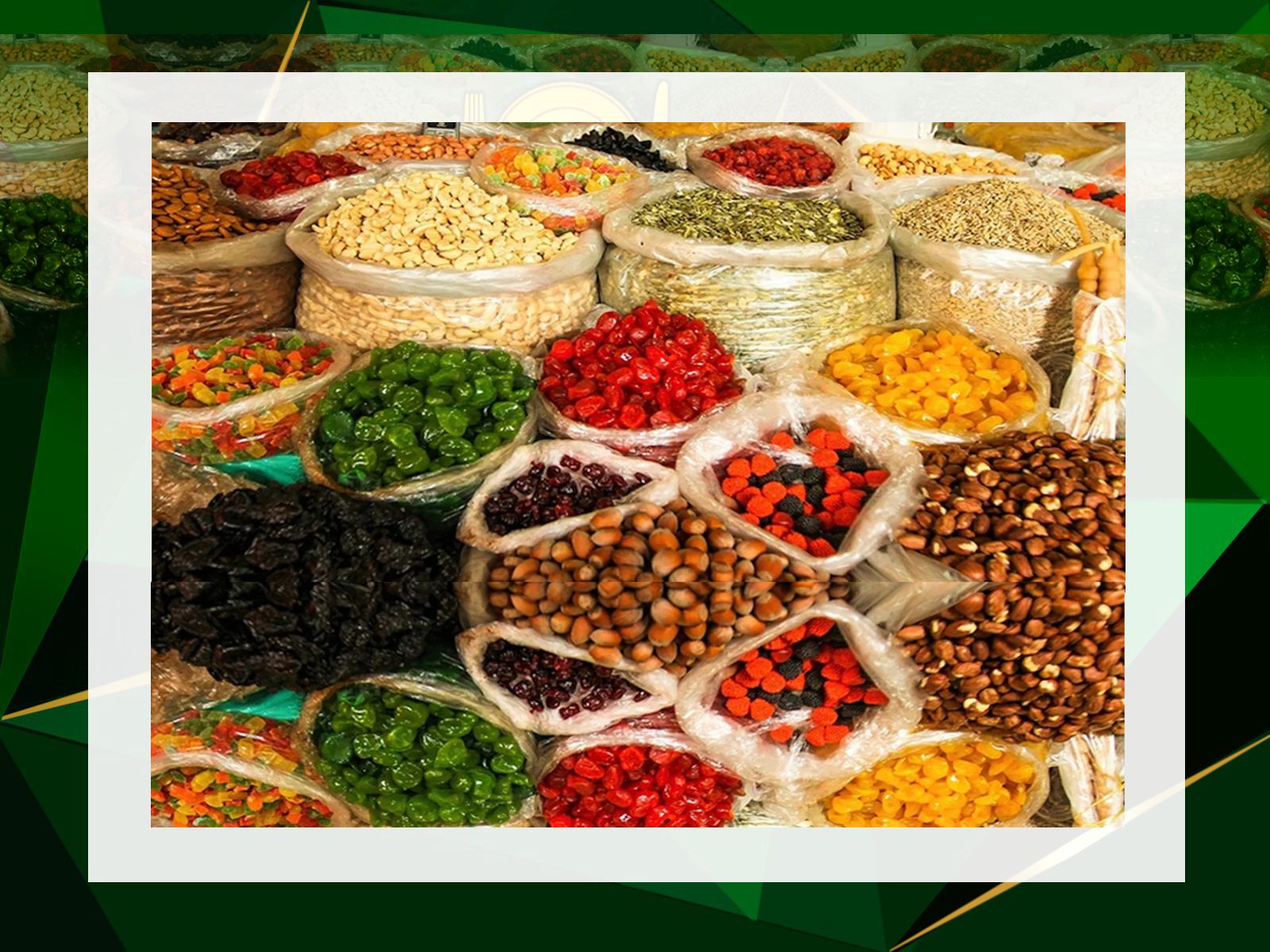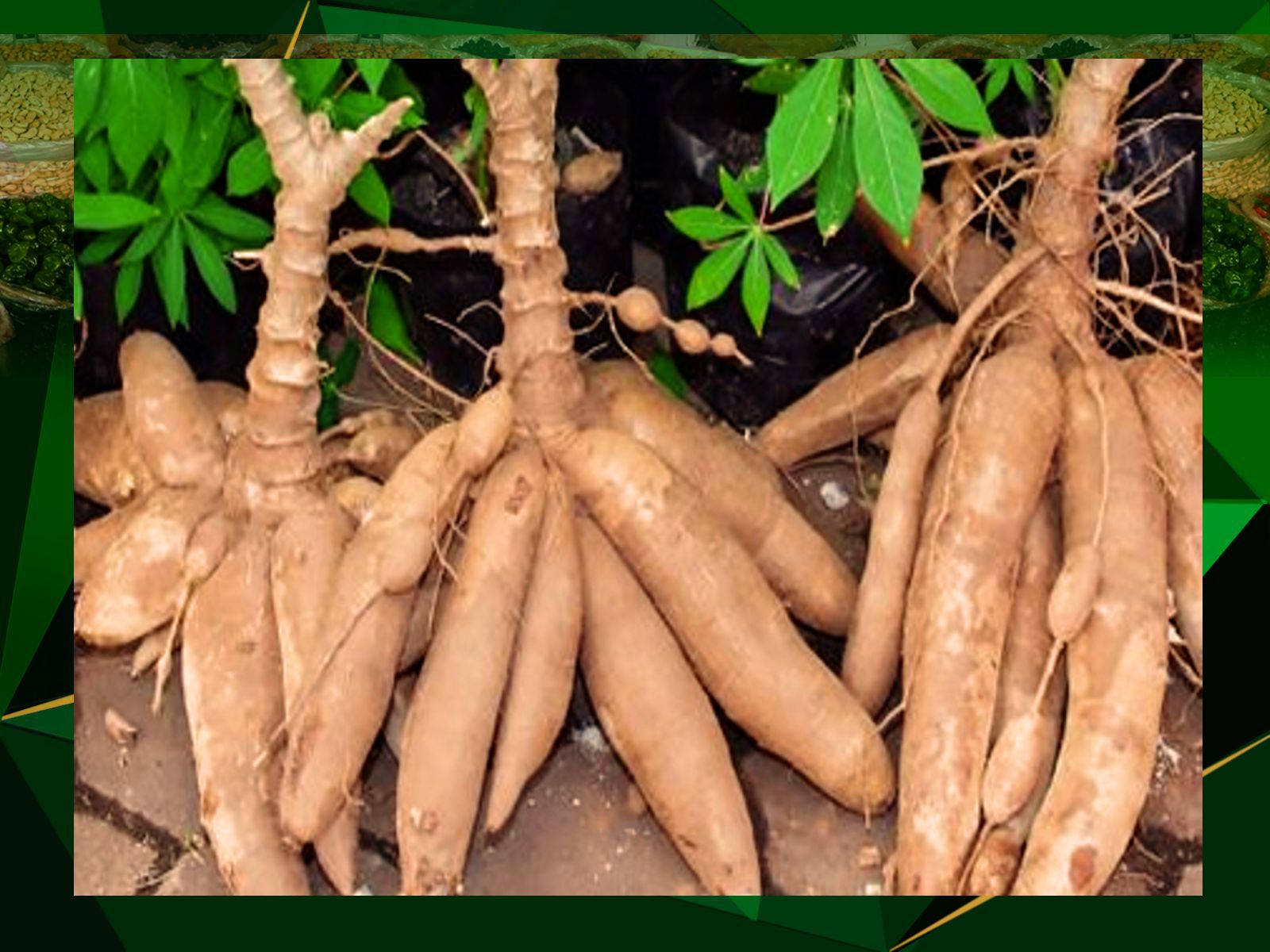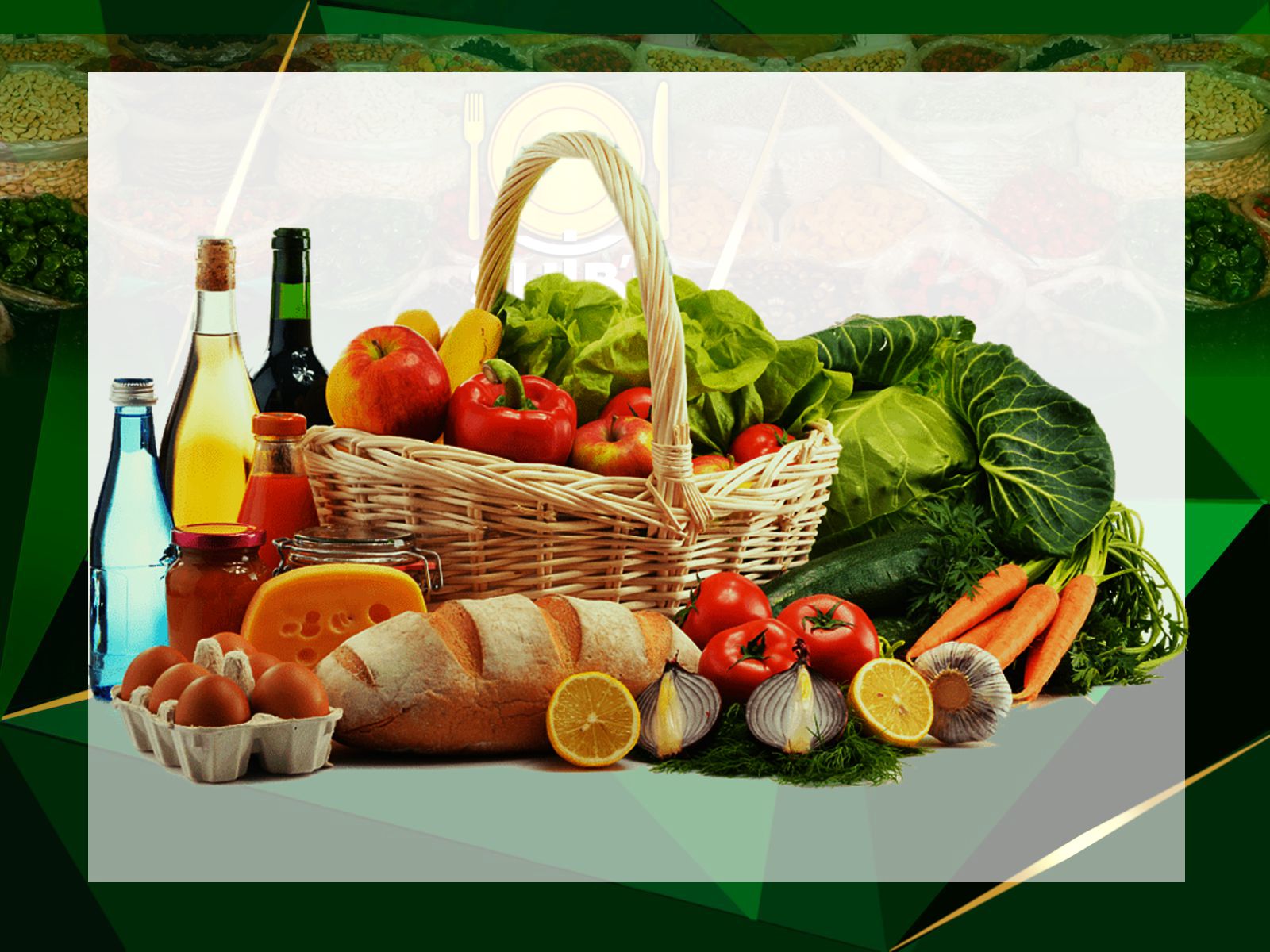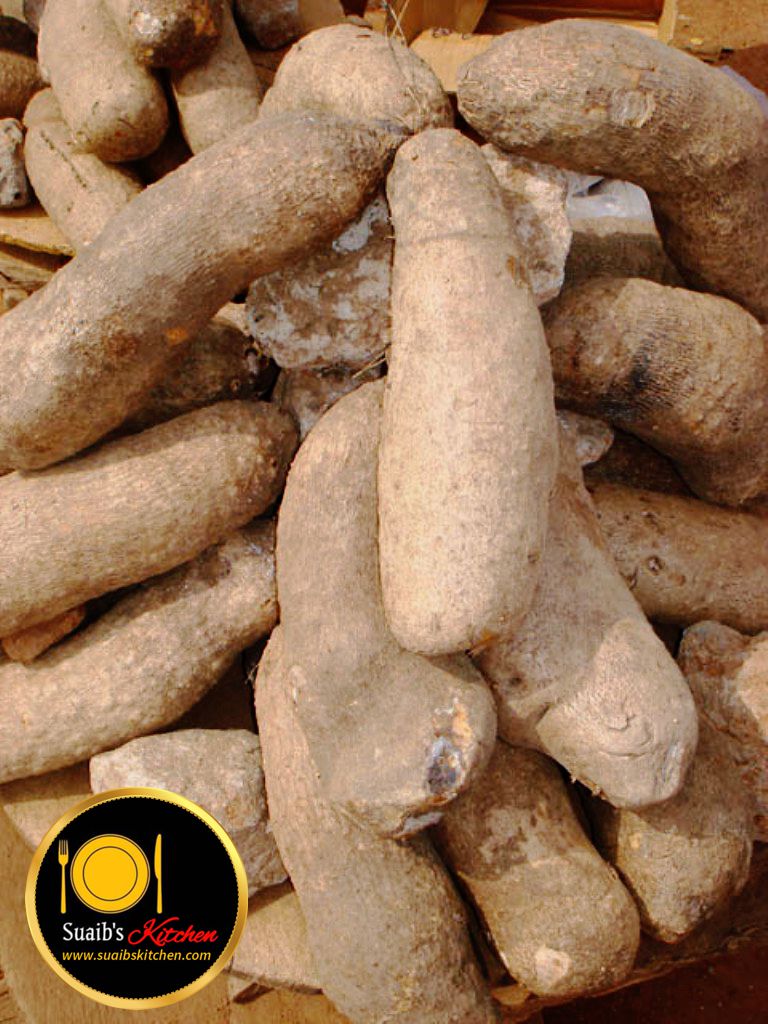
Domestic Tuber Crops for Consumption
Tuber crops are underground plant stems or roots that are edible and serve as important food sources. They're significant staples globally, especially in tropical and subtropical regions
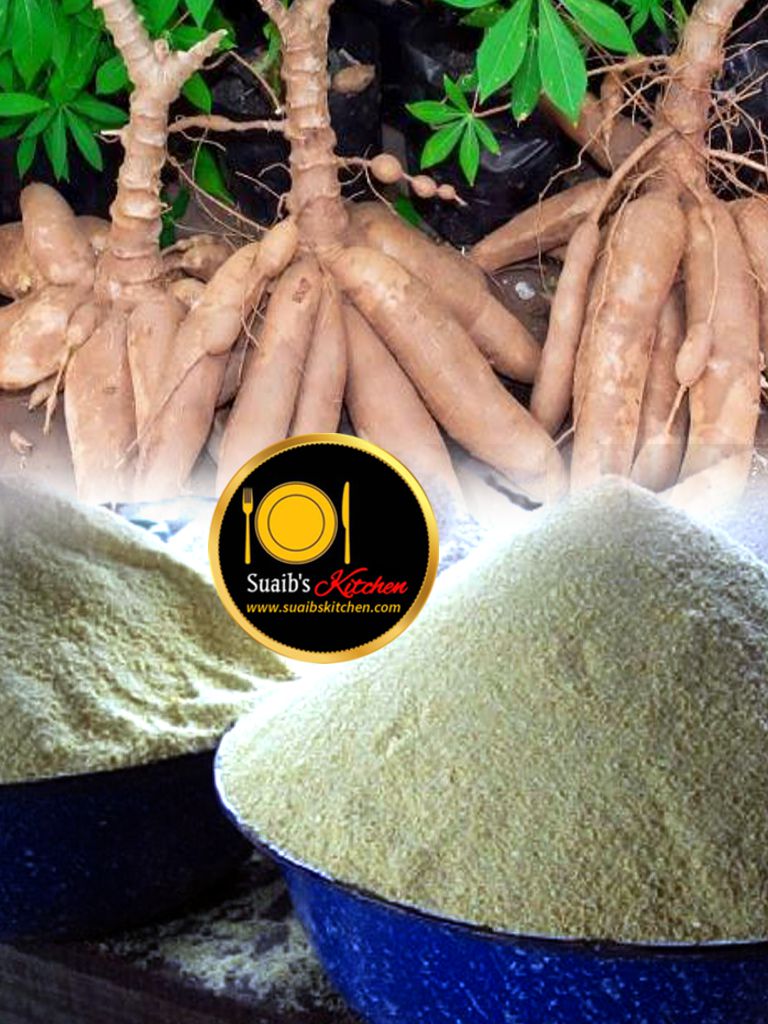
GARI
(Cassava Flour and it's Benefits of Meal Production:)
1. Economic empowerment for farmers and processors
2. Food security and self-sufficiency
3. Employment opportunities
4. Contribution to national GDP
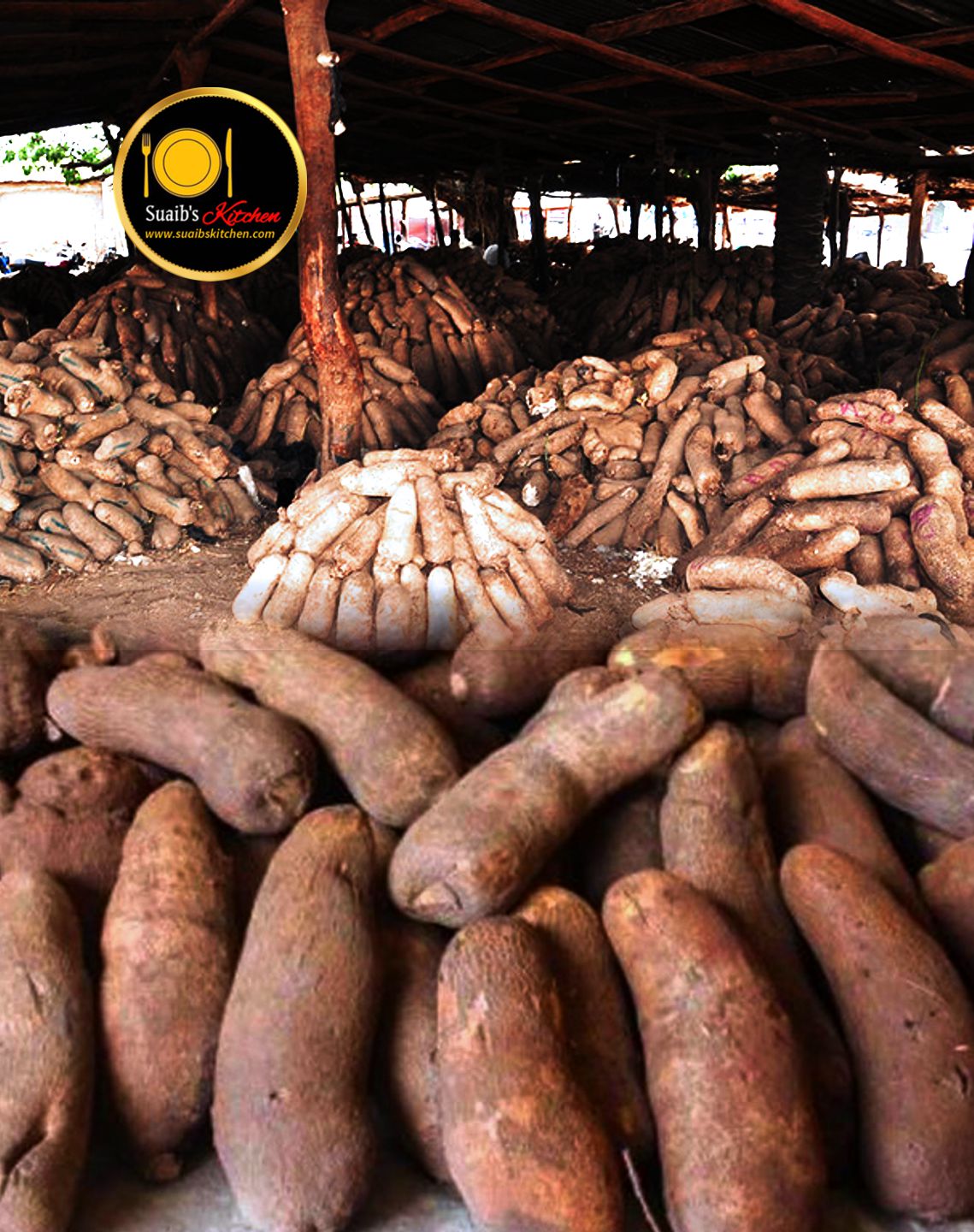
Yam Barn and Storage.
We are open for business from Monday to Friday and open for special orders or special demand to our loyal customers.
